Confused between electric and fuel forklifts? Discover the major differences in cost, performance, maintenance, and applications. Learn which forklift suits your business best!
alwepo.com – Electric vs Fuel Forklift – Choosing the right forklift is one of the most important decisions for any warehouse, factory, or logistics operation. With increasing technology advancements and environmental awareness, many businesses are debating: Should we choose an electric forklift or a fuel-powered forklift?
Both types have their strengths and weaknesses. Electric forklifts are clean, quiet, and energy-efficient, while fuel forklifts deliver raw power, speed, and flexibility for heavy-duty tasks.
In this article, we’ll compare Electric vs Fuel Forklifts in detail — exploring their working principles, performance, cost, pros and cons, and best use cases — to help you make an informed decision.
What Is an Electric Forklift?
An Electric Forklift is powered by a rechargeable battery pack, typically lithium-ion or lead-acid. It uses electric motors to lift and move loads, providing smooth and silent operation.
🔋 How It Works
-
The battery supplies DC power to an electric motor.
-
The motor drives the hydraulic system for lifting and tilting.
-
Electric controllers manage speed, direction, and torque.
-
Once the battery is drained, it’s recharged using a charging station.
Electric forklifts are known for their zero-emission operation, low noise, and high energy efficiency, making them perfect for indoor and clean environments such as warehouses, food processing, and pharmaceuticals.
What Is a Fuel Forklift?
A Fuel Forklift (also known as an Internal Combustion Forklift) runs on diesel, gasoline, or LPG (liquefied petroleum gas). It uses a combustion engine similar to a car or truck.
⛽ How It Works
-
The engine burns fuel to generate mechanical power.
-
Power is transmitted through a gearbox to drive the wheels and hydraulic pump.
-
Fuel forklifts can be refueled in minutes, minimizing downtime.
Fuel forklifts are ideal for outdoor operations, heavy loads, and rough terrains — especially in construction sites, ports, and lumber yards.
Key Differences Between Electric and Fuel Forklifts
| Feature | Electric Forklift | Fuel Forklift (Diesel/LPG) |
|---|---|---|
| Power Source | Rechargeable battery | Diesel, gasoline, or LPG |
| Emissions | Zero-emission | Produces CO₂ and exhaust gases |
| Noise Level | Very quiet | Loud engine noise |
| Operating Cost | Lower energy cost | Higher fuel consumption |
| Maintenance | Minimal (fewer moving parts) | Frequent engine maintenance |
| Initial Cost | Higher upfront price | Lower purchase price |
| Run Time | Limited by battery capacity | Long runtime, quick refueling |
| Environment | Best for indoor, clean areas | Best for outdoor, rough areas |
| Lifting Power | Moderate (light to medium loads) | High power for heavy loads |
| Temperature Sensitivity | May underperform in cold climates | Performs well in all climates |
Advantages of Electric Forklifts
-
⚡ Environmentally Friendly
Electric forklifts produce zero emissions, helping companies meet sustainability goals and indoor air-quality standards. -
🔇 Silent and Smooth Operation
Perfect for indoor use where noise reduction is important, such as warehouses, retail centers, or hospitals. -
💸 Lower Operating Cost
Electricity is generally cheaper than fuel. Plus, fewer mechanical parts mean lower maintenance costs. -
🔋 Easy to Maintain
No oil changes, spark plugs, or filters needed. Just monitor battery health and water levels (for lead-acid types). -
🌿 Better for Worker Health
No exhaust fumes or carbon emissions, improving air quality and operator comfort.
Disadvantages of Electric Forklifts
-
⏳ Limited Operating Time
Once the battery is drained, it needs several hours to recharge — leading to downtime unless you have spare batteries. -
💰 Higher Initial Investment
The battery and charger add to upfront costs. -
🌡️ Temperature Sensitive
Cold environments can reduce battery performance and lifespan. -
🧱 Not Ideal for Rough Terrain
Electric forklifts perform best on smooth, indoor floors.
Advantages of Fuel Forklifts
-
🕒 Continuous Operation
Refueling takes minutes, making it perfect for 24/7 operations or long shifts. -
💪 High Lifting Capacity
More torque and power for handling heavy materials and outdoor tasks. -
🧭 Versatile and Durable
Can operate on uneven surfaces, ramps, or outdoor environments without performance loss. -
💵 Lower Initial Cost
Usually cheaper to buy compared to electric forklifts. -
🔥 Stable in All Climates
Fuel forklifts work reliably in hot, cold, or humid conditions.
Disadvantages of Fuel Forklifts
-
🚫 Emissions and Pollution
Produces exhaust gases that are unsafe for indoor use without ventilation. -
🔊 Noisy Operation
Engine noise can be disruptive in quiet or enclosed environments. -
🧰 Higher Maintenance Needs
Requires frequent oil changes, filter replacements, and engine checks. -
💸 Higher Running Costs
Fuel prices fluctuate, and fuel forklifts generally consume more energy. -
🌍 Environmental Regulations
Some regions restrict or tax fuel-powered equipment due to carbon emissions.
Cost Comparison: Electric vs Fuel Forklifts
| Cost Factor | Electric Forklift | Fuel Forklift |
|---|---|---|
| Initial Cost | High (battery + charger) | Lower upfront |
| Operating Cost | Low (electricity is cheaper) | High (fuel costs add up) |
| Maintenance | Minimal | Regular servicing required |
| Total Lifetime Cost | Lower overall | Higher in long-term use |
💡 Insight:
Although electric forklifts are more expensive initially, their low energy and maintenance costs make them more cost-effective in the long run — especially for indoor or medium-duty operations.
Which Forklift Should You Choose?
✅ Choose Electric Forklift If:
-
You operate indoors or in clean environments.
-
You prioritize low noise, zero emissions, and long-term savings.
-
Your operation has regular breaks for recharging.
-
You value sustainability and corporate green initiatives.
✅ Choose Fuel Forklift If:
-
You operate outdoors or on rough terrain.
-
You handle heavy-duty loads or continuous shifts.
-
You need fast refueling with minimal downtime.
-
You work in construction, shipping, or logistics yards.
Future Trends: The Shift Toward Electric
With growing environmental regulations and improved battery technology, electric forklifts are becoming the future standard for material handling.
Modern lithium-ion batteries now offer faster charging, longer life, and better performance, closing the gap between electric and fuel models. Many companies are transitioning to electric fleets for long-term cost savings and sustainability goals.
Conclusion
When it comes to Electric vs Fuel Forklifts, the best choice depends entirely on your operational environment, workload, and budget.
-
For indoor, quiet, and eco-friendly operations → choose Electric Forklifts.
-
For outdoor, heavy-duty, and continuous work → choose Fuel Forklifts.
Understanding the key differences in cost, performance, and maintenance will help you make a smarter investment and improve your warehouse productivity.

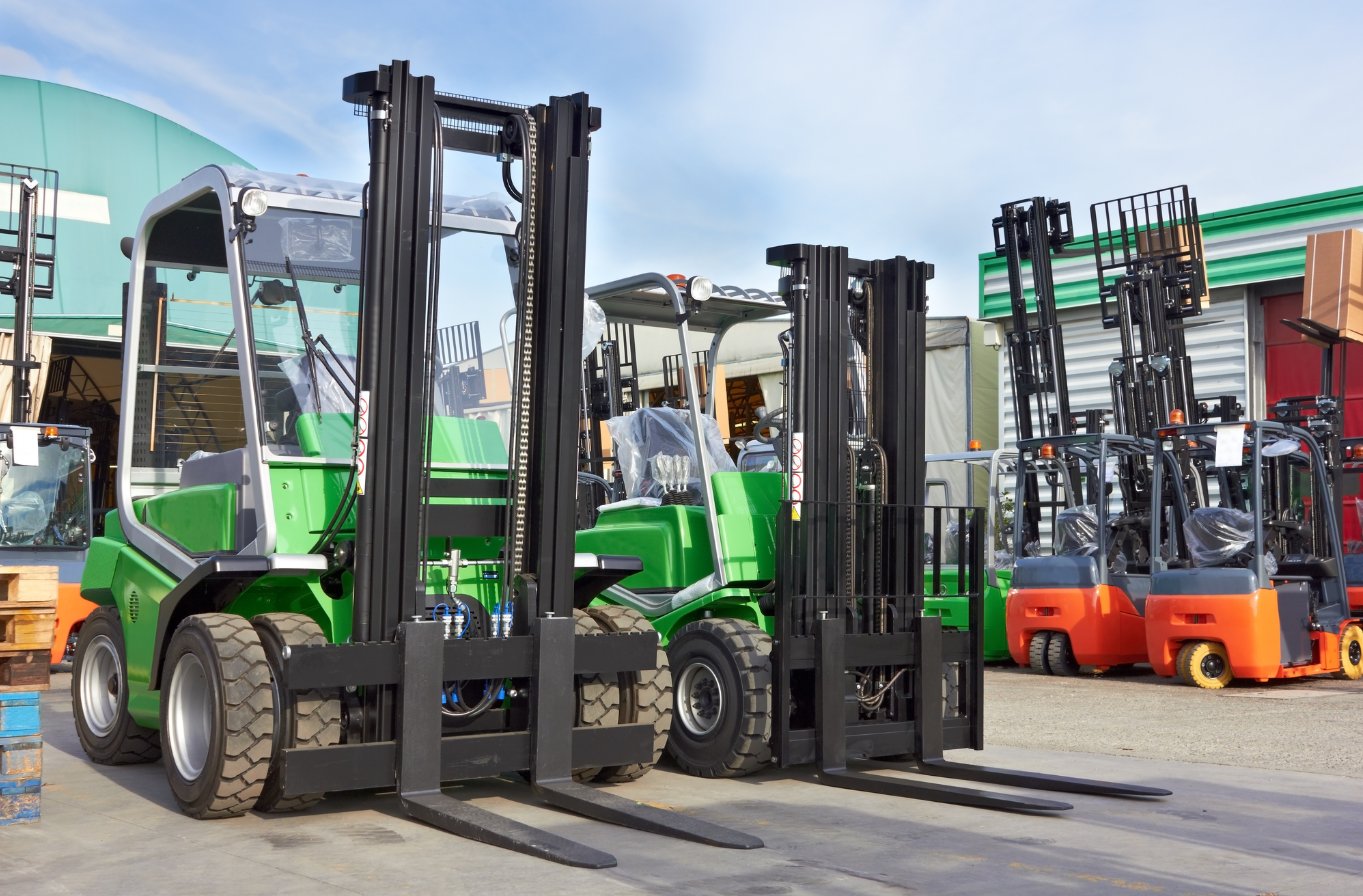


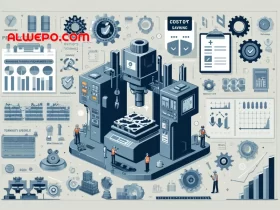
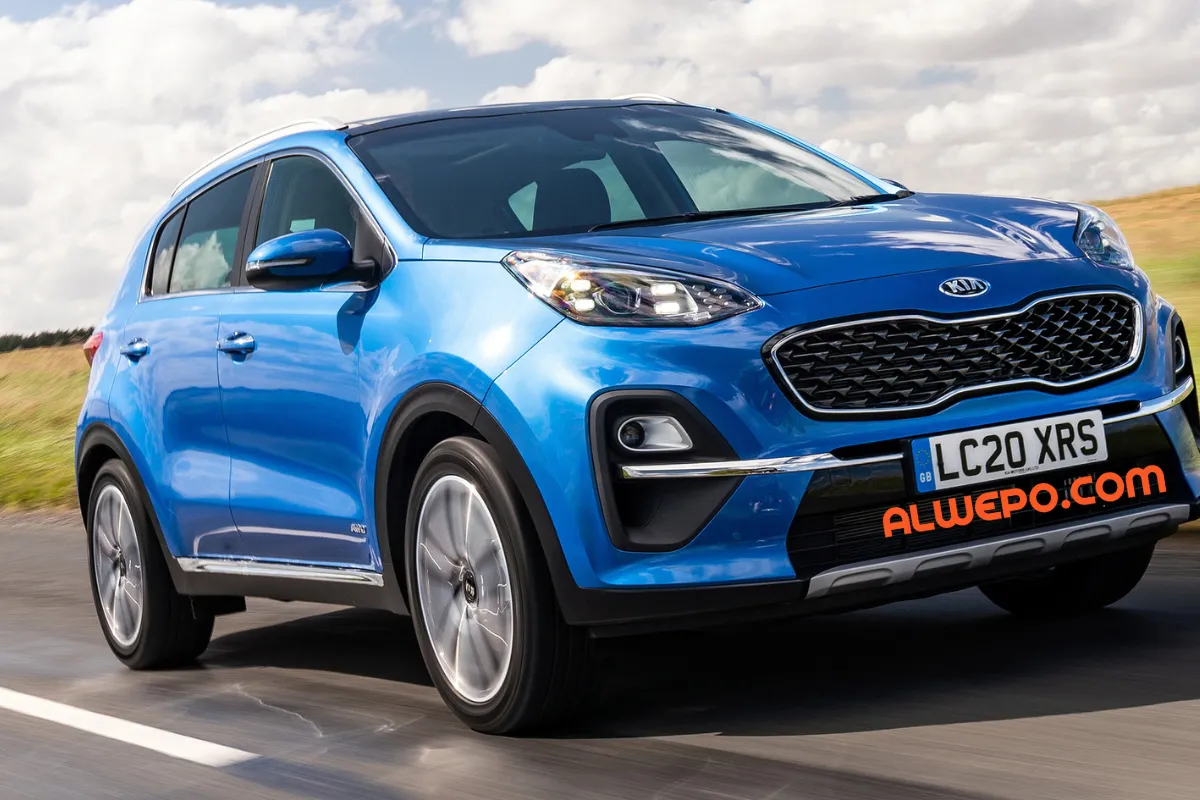




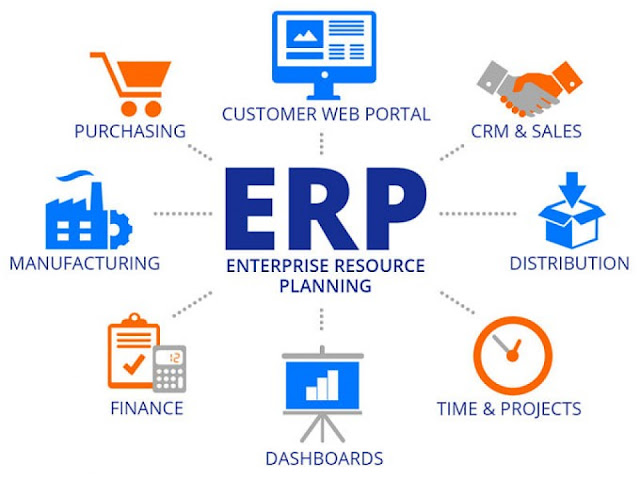

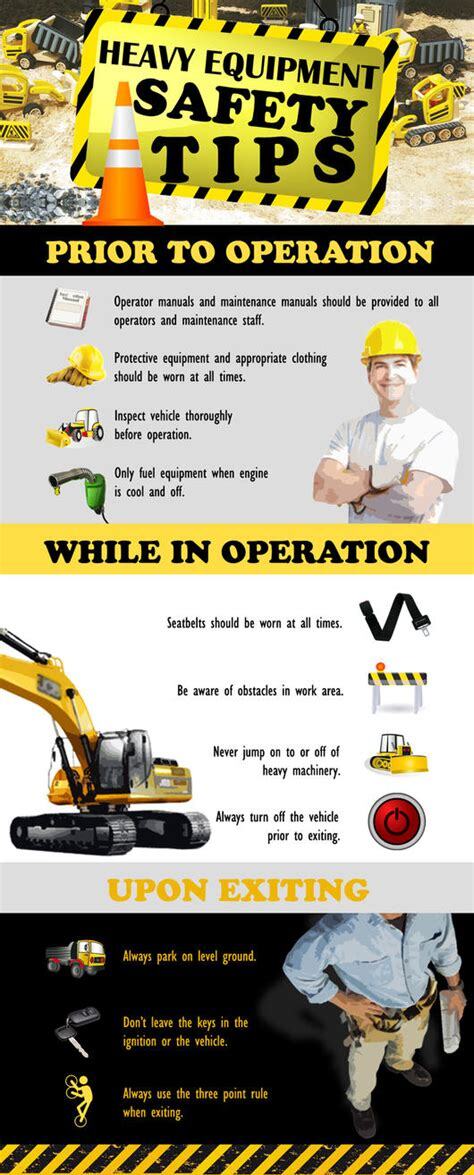
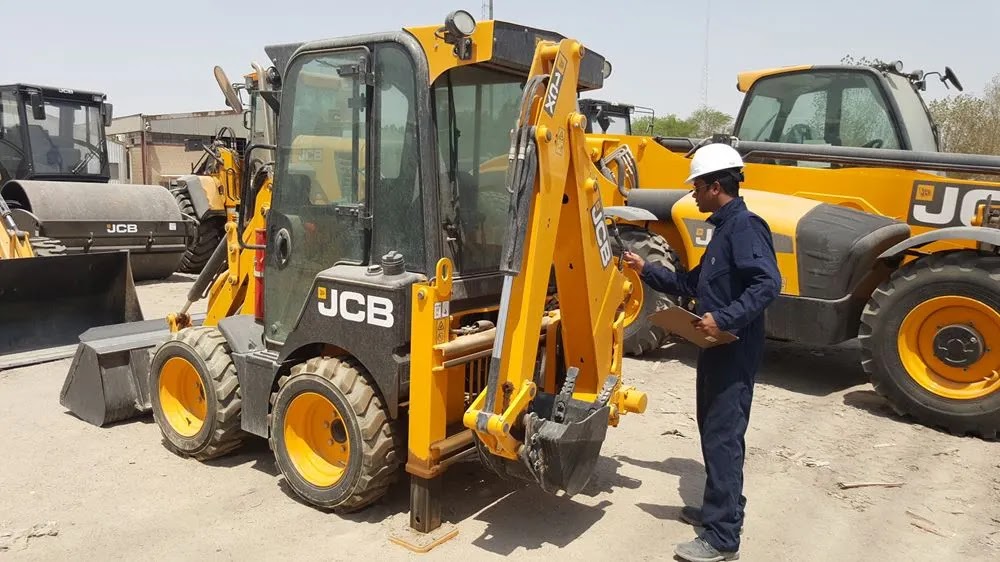

Leave a Reply
View Comments